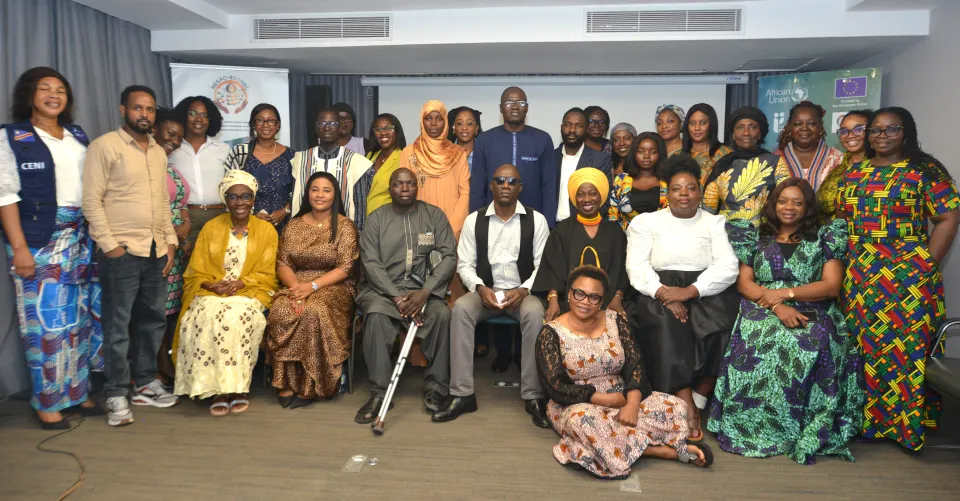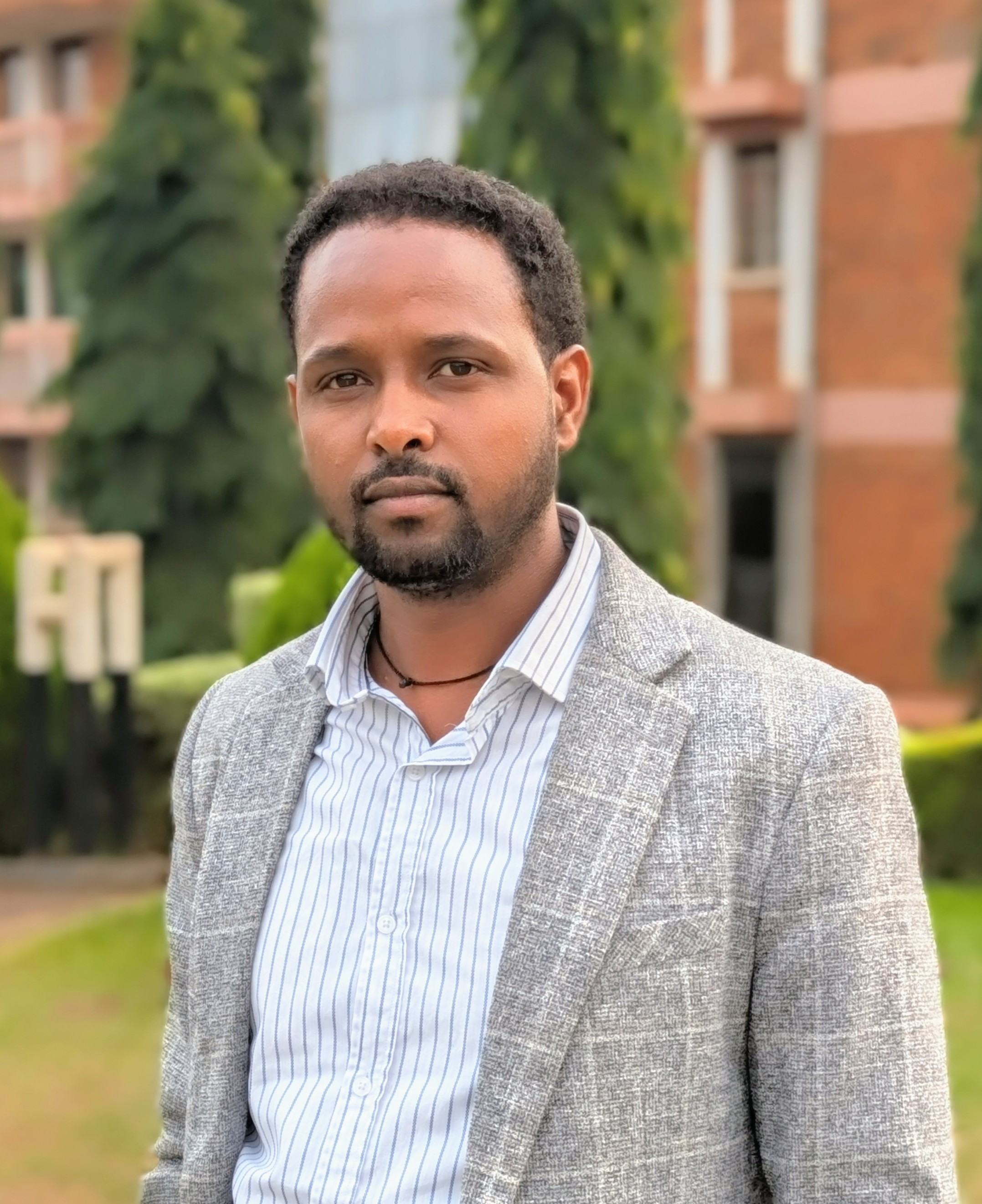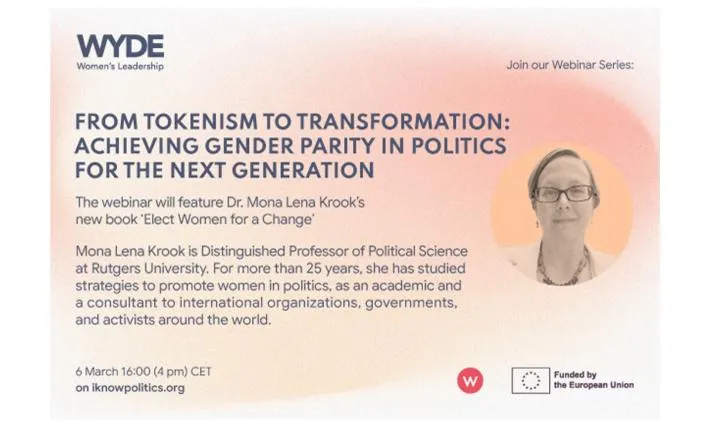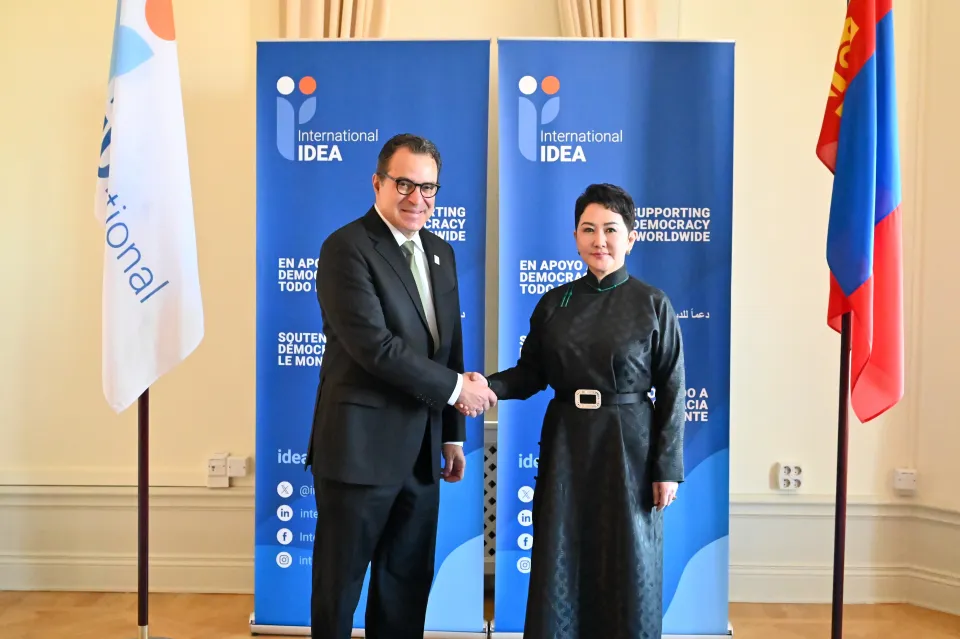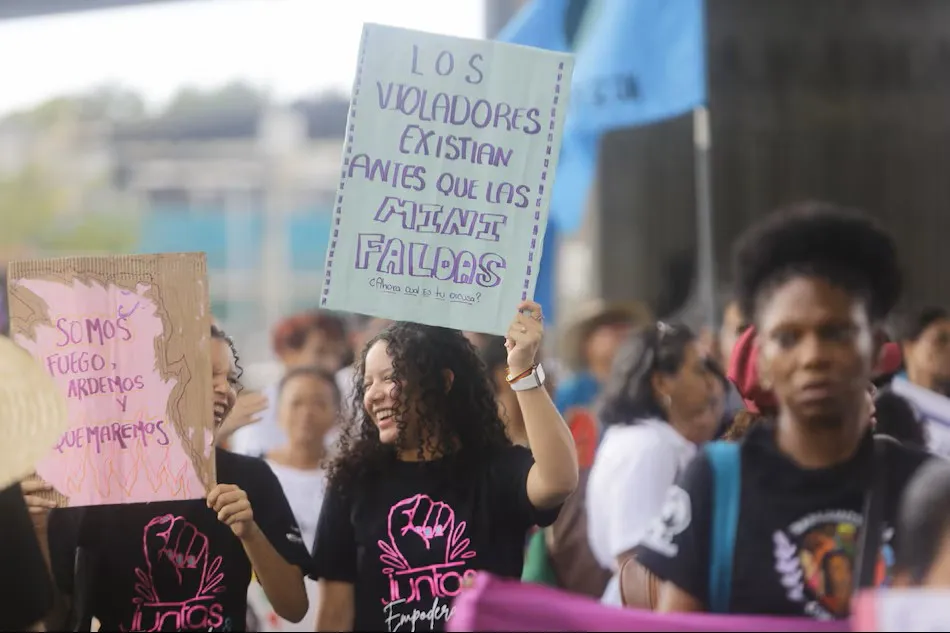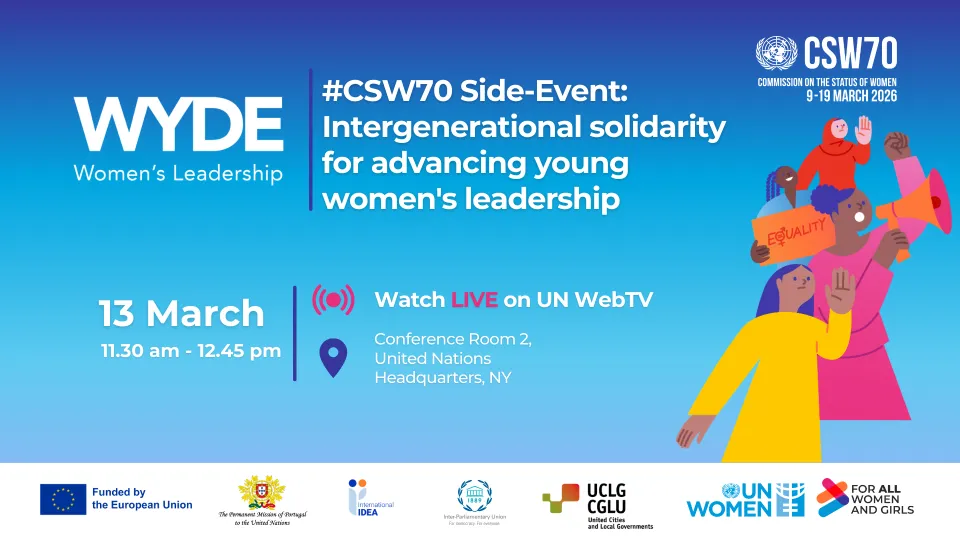ECOWAS electoral authorities commit to inclusive elections
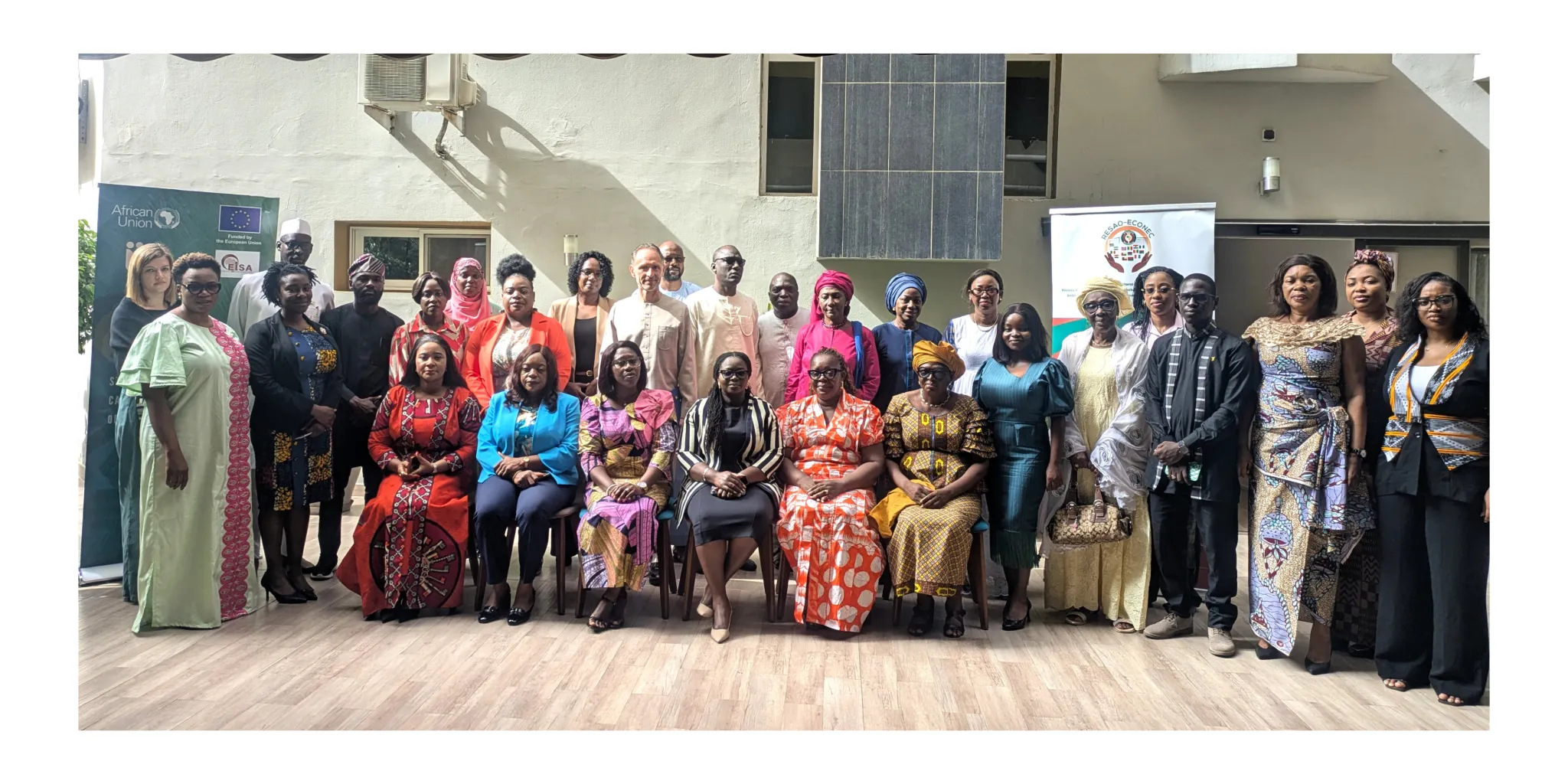
Organized by International IDEA and The ECOWAS Network of Electoral Commissions (ECONEC), with support from the EU-funded Strengthening Pan-African Capacities for Electoral Observation and Assistance (SPEC) Project, the two-day dialogue convened representatives from EMBs across Benin, Cabo Verde, Côte d’Ivoire, the Democratic Republic of Congo, The Gambia, Ghana, Guinea Bissau, Kenya, Liberia, Nigeria, Senegal, and Sierra Leone. Gender focal points, civil society actors, regional experts, and development partners came together to confront a shared challenge: ensuring elections are inclusive, accessible, and representative of women, youth, persons with disabilities (PWDs), and marginalized groups.
While significant regional progress has been made in recognizing the rights of women and PWDs to participate in political processes, the event focused on an often-overlooked actor—the EMBs themselves. “Inclusion starts from within,” emphasized Olufunto Akinduro, Senior Adviser for Electoral Processes at International IDEA, urging EMBs to institutionalize gender-sensitive frameworks. She called for internal reforms such as data disaggregation, leadership diversity, and inclusive digital tools as essential pillars of electoral integrity.
Mr. Serigne Mamadou Ka, Head of Electoral Assistance Division and Permanent Secretary of ECONEC, opened the dialogue by stressing the value of regional experience-sharing to promote a culture of inclusion. He noted:
“Our collective experience is our strongest asset. EMBs must learn from one another to build systems that serve all citizens.”
The interactive sessions covered a wide spectrum of topics, from legal frameworks to the dangers of digital disinformation. Ambassador Babacar Ba, Director of ECOWAS National Office in Senegal, commended the initiative as “a timely intervention” aligned with ECOWAS’s mandate to deepen democracy. EU Ambassador Jean-Marc Pisani reiterated the EU’s support for gender equality and affirmed continued partnership through practical implementation tools.
Key insights
During the event, some of the key insights shared were as follows:
- Mapping needs across the electoral cycle: Vera Muring (International IDEA) highlighted the importance of engaging all actors—political parties, CSOs, and security agencies in fostering inclusivity, not just EMBs.
- Combatting gender disinformation: Experts raised urgent concerns about AI-generated content targeting female candidates. Ndiaye Seck noted how disinformation distorts women’s political image, creating fear and silencing their voices.
- Youth and disability inclusion: Youth networks, disability federations, and national councils discussed specific strategies to elevate participation of young people and PWDs in electoral leadership and policy-making.
- Best practices shared: Delegates from Sierra Leone, Ghana, Nigeria, and Cabo Verde presented their national strategies for institutionalizing gender and inclusion within their EMBs—offering replicable models for others.
The event concluded with the development of a regional roadmap, a statement of commitment, and a needs assessment matrix to guide the next steps. These tools aim to help EMBs in the ECOWAS region design and implement inclusive, gender-responsive policies.
As Olufunto Akinduro concluded:
“Inclusion is not a checkbox; it is the foundation of credible, resilient democracy”.
